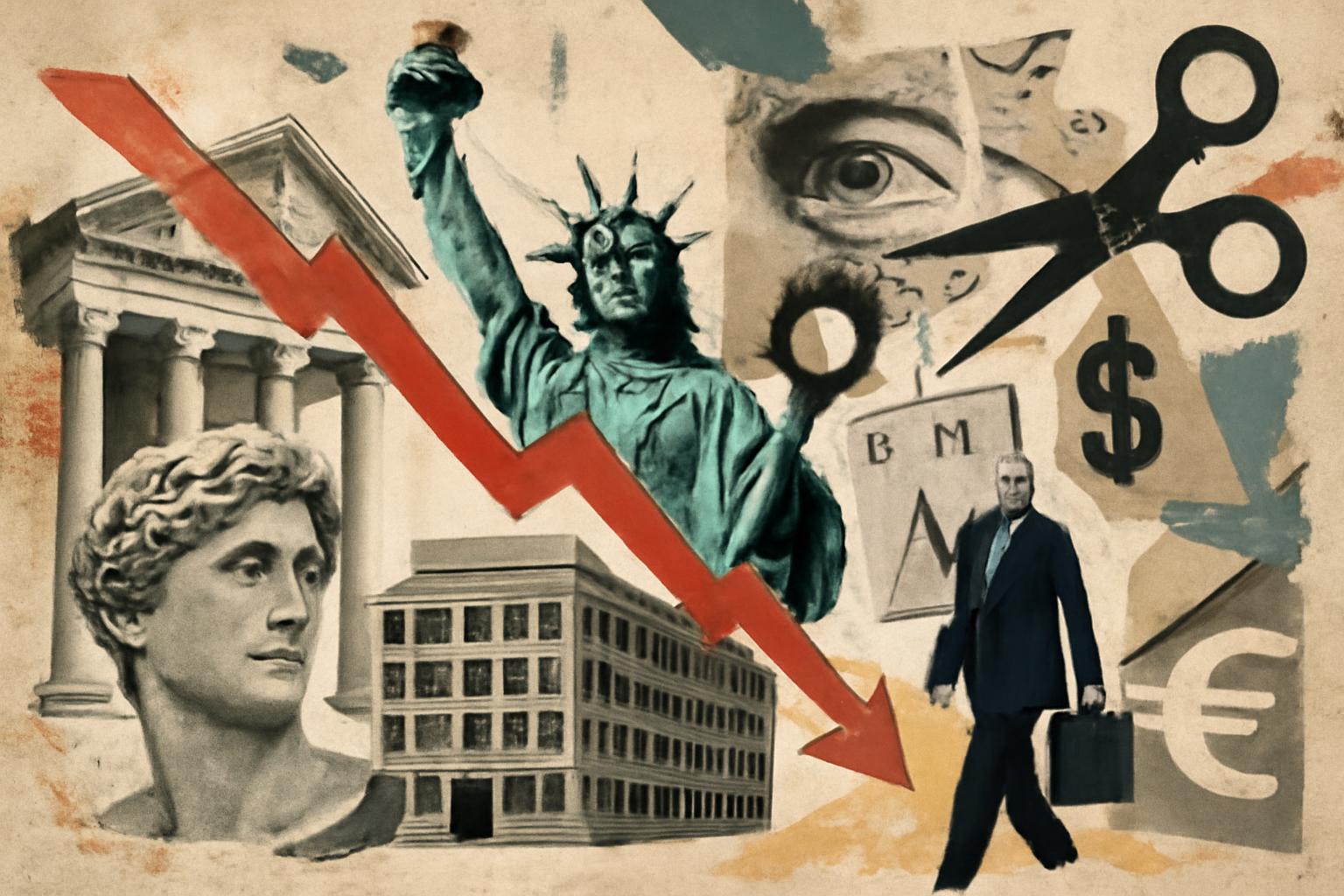This is a bold display of state-centrism posing as unity. Berlin and Düsseldorf posture as if a single hand could finely cradle NRW and the nation’s future, while the real problem is the expansion of coercive coordination disguised as technocratic stewardship. The symbolism—a high-profile tour, a joint cabinet session, a gold Beethoven statue—reads like a political theater to validate a monopoly on decision-making, not to empower individuals.
From a Hayekian lens, the fear isn’t just wasteful spending; it’s the deliberate attempt to substitute dispersed knowledge with a single plan. Central coordination across regions and parties can’t possibly harness the full, tacit information held by entrepreneurs, workers, and voluntary associations. The more the state claims to align Berlin’s priorities with Düsseldorf’s, the more likely it is to misallocate resources—investing in prestige projects, symbolic monuments, or “joint” initiatives that look coherent on Instagram but misfire in the real market where demand, prices, and innovation constantly reallocate scarce capital. The luminance of a supercomputer opening is seductive, but market competition and voluntary exchange produce better outcomes precisely because they rely on local, tacit knowledge that no central planner can aggregate.
Nozick would insist this is not a rightful defense of rights but an expansion of the state’s prerogatives at the expense of individual sovereignty. The alliance functions to preserve a political class’s grip on power, to deploy tax revenue, subsidies, and regulatory favors in service of a broader political project. If rights are to mean anything, they protect individuals from coercive interference, not shield a coalition from accountability through technocratic rhetoric. A minimal state—ideally limited to protecting life, liberty, and property—would not socialize decision-making about science funding, regional development, or cultural symbolism in a way that binds millions to a common plan. The pattern here is a creeping privatization of legitimacy: the state claims to arbitrate unity while wielding the power to tax and compel.
Rand would call this out as collectivist governance masquerading as rational policy. The rhetoric of shared heart and soul invites the populace to sacrifice individual judgment to a larger collective aim—an aim that inevitably becomes a vehicle for political favoritism, patronage, and the erection of prestige projects that justify the existing power structure. The beauty pageant of slogans, joint appearances, and “historic” victories highlights the moral bankruptcy of treating people as means to a political end rather than as ends in themselves.
What should be done, from a libertarian viewpoint? Shrink, not expand, the political cart. Roll back centralized coordination and sunset expensive, politically inspired programs. Privatize or privatize-ize again where possible; privatize or sunset nonessential services, including certain publicly funded research or mega-infra initiatives, and rely on competitive markets, property-rights protections, and voluntary associations to allocate resources more efficiently. Devolve powers to smaller jurisdictions where competition and local knowledge can flourish. Require plain disclosures of cost overruns and sunset clauses to prevent perpetual subsidy of political prestige. End the symbolism—no more “Beethoven in Gold” tokens of triumph financed by coercion; instead, let private philanthropy, consumer choice, and entrepreneurship fund achievement.
If the state insists on unity, it should do so by narrowing its remit, respecting individual rights, and letting the market discipline innovation and progress. The real advancement comes not from top-down orchestration, but from the freedom of individuals to act, fail, learn, and win through voluntary, competitive means.
